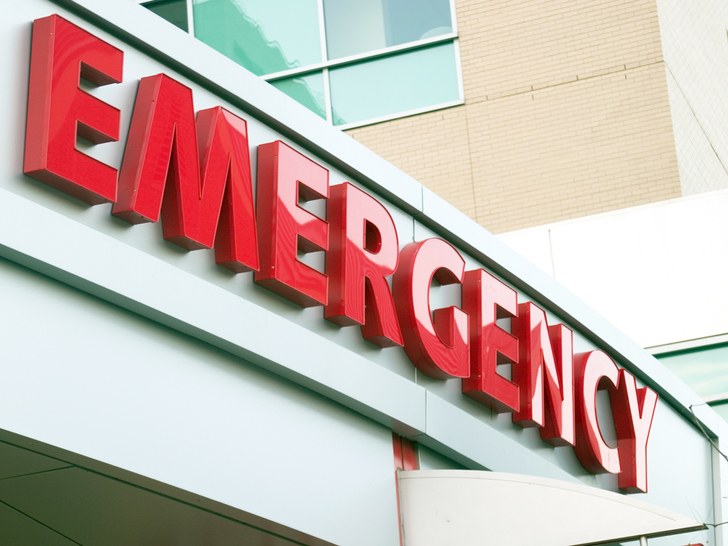Most of the time, when an ER doctor knows you have been in an automobile accident they seem to keep their distance. They quickly refer back to your personal doctor (even if you tell them you don’t have one) in order to not get involved in your case. If they do not see anything majorly wrong with you such as broken bones, concussion, or obvious trauma they probably won’t even order x-rays. (TIP: ASK FOR THEM)
If they are the first doctor which is aware of your post-trauma condition, then they may be subject to being deposed or even called in to court as an expert witness of your injuries.
The easy thing is to have plausible deniability and put in their report “No obvious trauma present, minor soft tissue damage, if any pain presents past 3 days patient should contact their personal physician. Gave patient a minor pain medication.” See, the trick here for the ER doctor is to say everything is minor and sometimes they will not even report your actual words referring to any major trauma.
So if an ER doctor can refer you, then they are referring a potential problem or potential lawsuit. Because there are so many scam artists who will claim an injury when there is not, doctors are becoming very wary as to say that a wreck is a direct cause to a current condition. And if your injury is only a short-tissue injury or whiplash type one, then they will more than likely chose to stay away from direct treatment or any recommendations.
Even though you are probably right that an ER doctor is going to be a waist of time and money, you still need to go see them to be on the safe side as well as for documentation purposes.
